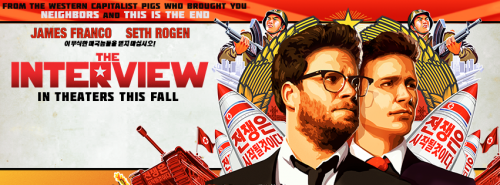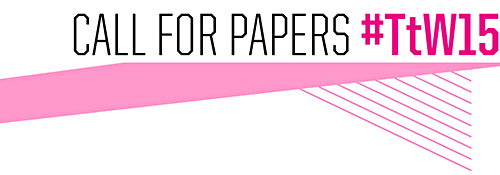
The end of a year is an introspective time. We reflect on the past 365 days and lay plans for the year to come. This is a time of remembering, analyzing, hoping, and figuring. Helping us through this introspective process is Facebook’s Year in Review. This app compiles the “highlights” of each user’s year through images, events, and status updates. It then displays this compilation for the user, and gives the option to share the review with Friends. The default caption reads: “It’s been a great year! Thanks for being part of it[i].”
Quickly, the app garnered negative attention when web designer Eric Meyer blogged about his heart wrenching experience of facing pictures of his 6 year old daughter who passed away not long ago. There was no trigger warning. There was no opt-in. There was simply an up-beat video picturing his daughter’s face when he logged into his Facebook account. He aptly attributes this experience to “inadvertent algorithmic cruelty.”
Although the cruelty was indeed inadvertent, it was none-the-less inevitable. It reflects a larger issue with the Facebook platform: its insistent structure of compulsory happiness. This insistence is reflected in a “Like” button, without any other 1-click emotive options; it is reflected in goofy emoticons through which sadness and illness are expressed with cartoon-like faces in cheerful colors; it is reflected in relationship status changes that announce themselves to one’s network. And as users, we largely comply. We share the happy moments, the funny quips, the accomplishments and #humblebrags, while hiding, ignoring, or unFriending those with the audacity to mope; to clog our newsfeeds with negativity. But we do not comply ubiquitously nor condone/censure unanimously. Sometimes we perform sadness, and sometimes we support each other in this. more...










